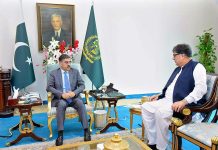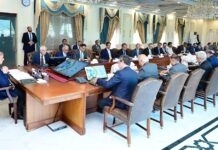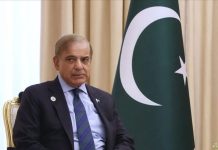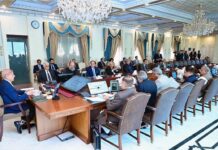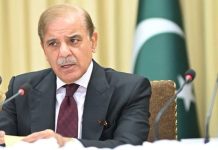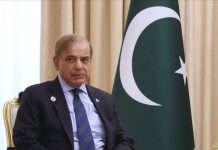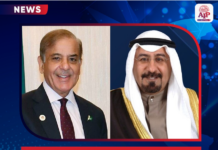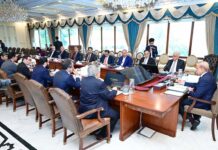
The city’s streets and roads are choked with an influx of unregistered rickshaws, taxis, and outdated buses, exacerbating an already traffic jam mostly worsened by the ill planned Bus Rapid Transit (BRT) project.
Where residents once reveled in the aromatic splendor of seasonal flowers during monsoon, they now face a more unpleasant reality due to traffic mess affecting its residents.
The rise in unregulated vehicles has contributed significantly to air pollution, leading to an uptick in respiratory and seasonal illnesses among the populace.
Traffic snarls stretch from Hastangri to the Malik Saad Shaheed Bridge, creating a daily struggle for commuters including students, lawyers, businessmen, and government employees.
This congestion is compounded by frequent strikes by provincial government employees on the GT Road in front of the KP Assembly, further complicating travel during peak hours.
The BRT project, criticized for its poor planning, has narrowed the GT Road and obstructed traffic flow.
The blockage of ‘Suray Bridge’ by demonstrators and the movement of VIP convoys have only intensified the traffic chaos.
Areas like Gulbahar, Hastangri, and Firdus, alongside Dabgari Garden, home to a cluster of private hospitals and clinics, are particularly affected.
Here, patients and their families face lengthy delays, with ambulances often caught in traffic jams, adding to their distress.
Sajid Ali, an orthopedic patient from Nowshera, recounted a harrowing experience of being stuck in traffic for over two hours on what should have been a 30-minute journey.
He described the ordeal as the most stressful he has faced since retiring three years ago, exacerbated by the overburdened BRT buses which, following the removal of older vehicles, often leave passengers standing.
In response, the Transport Department spokesman has noted that many of the problematic tri-wheelers are operating without proper permits and has vowed to take stricter measures against these illegal vehicles.
New feeder routes for the BRT, including connections from Hayatabad Phase-I, Regi Model Town, Warsak Road, and Chamkani to Pabbi, have been approved to help alleviate some of the traffic congestion.
Additionally, efforts are underway to improve the situation with the construction of a new general bus stand on 303 kanal at Sardar Ghari, adjacent to the BRT main terminal. This development is expected to provide a long-term solution to the city’s traffic woes once completed. Despite these measures, Peshawar’s residents continue to face significant daily challenges especially of traffic and air pollution, as the city navigates the complex interplay of infrastructure changes and an overburdened transport system.

